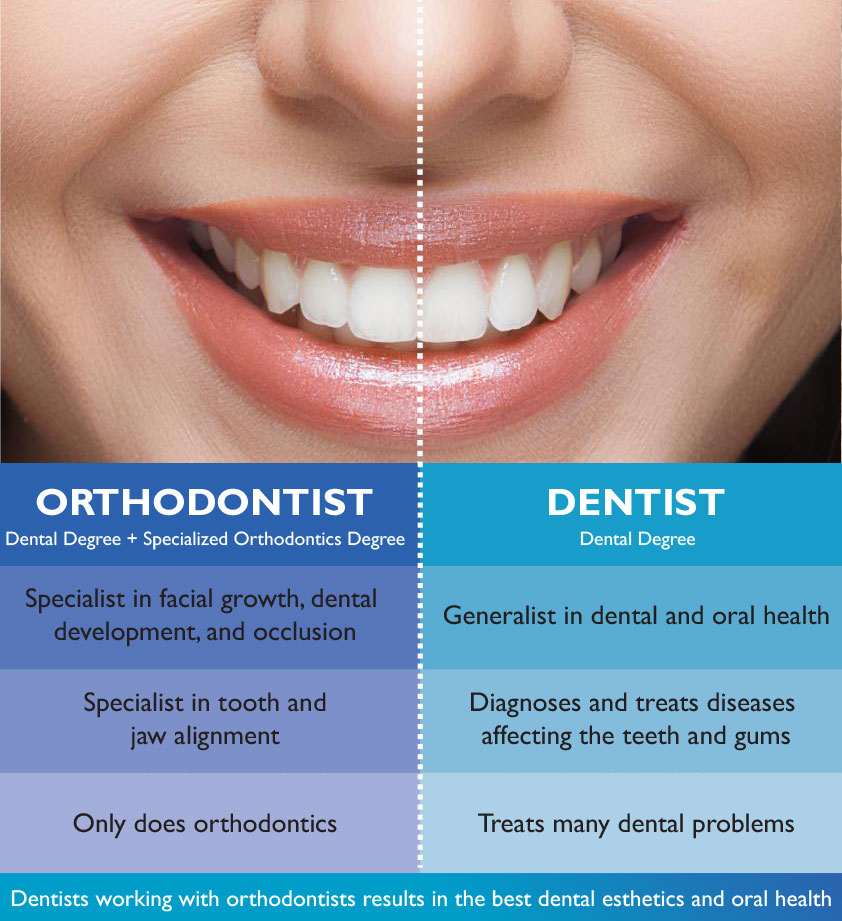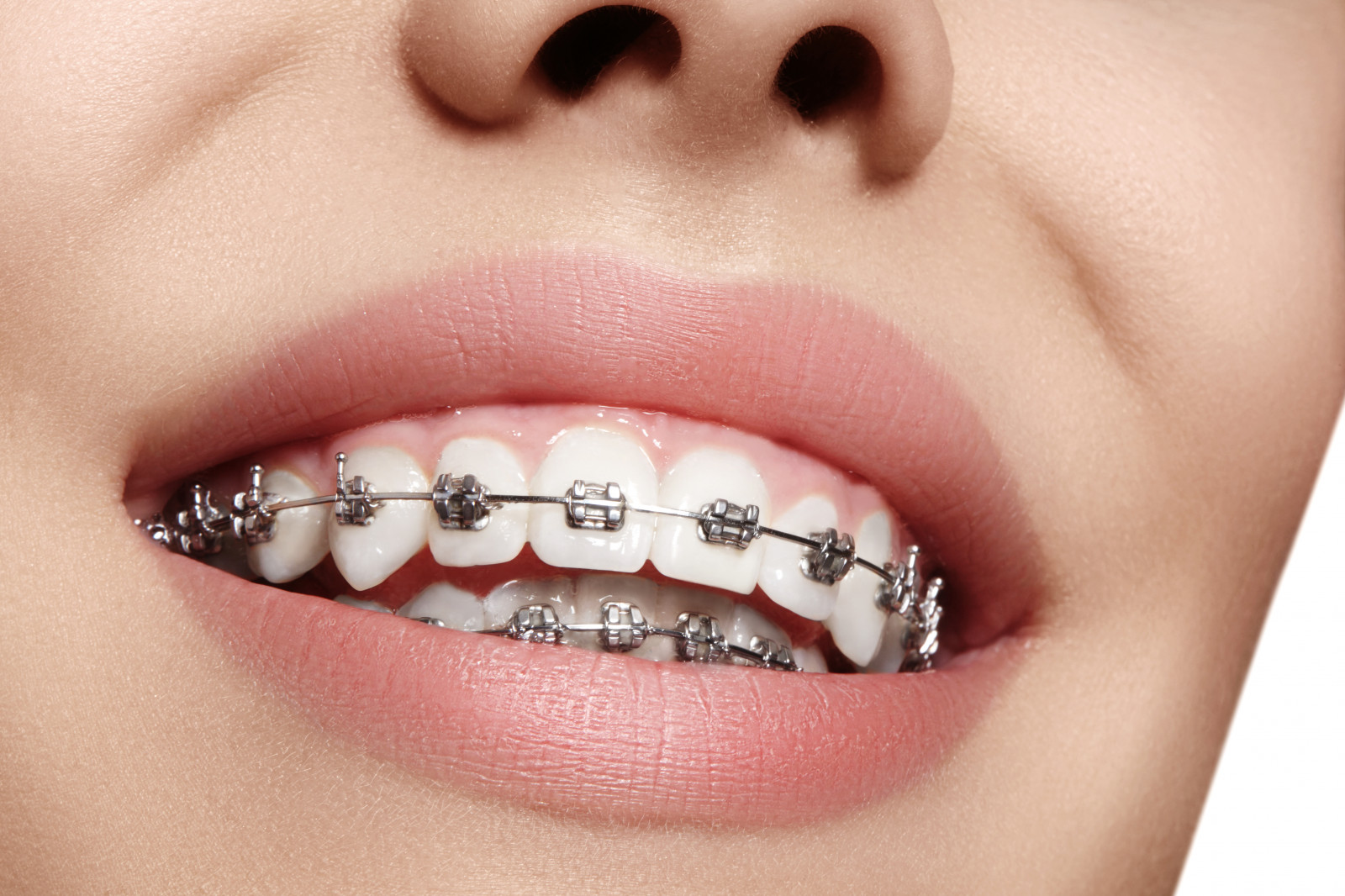Excitement About Causey Orthodontics
Excitement About Causey Orthodontics
Blog Article
The Main Principles Of Causey Orthodontics
Table of ContentsLittle Known Facts About Causey Orthodontics.The 10-Minute Rule for Causey OrthodonticsSome Known Facts About Causey Orthodontics.The Causey Orthodontics IdeasThe Main Principles Of Causey Orthodontics How Causey Orthodontics can Save You Time, Stress, and Money.The Best Guide To Causey Orthodontics
What is the difference between a dental expert and an orthodontist? All dental practitioners, including orthodontists, treat the teeth, gums, jaw and nerves.
You can assume of both medical professionals that deal with periodontal and teeth issues. The primary difference is that becoming an orthodontist requires a particular specialty in treating the imbalance of the teeth and jaw.
The 20-Second Trick For Causey Orthodontics
An orthodontist is a dentist that has undertaken training to specialize in the diagnosis, avoidance and therapy of irregularities in the jaw and teeth. They can also recognize potential troubles in teeth alignment that may create when conditions are left unattended (orthodontist expert).
This includes all the required education and learning to become a general dental professional. According to the American Pupil Dental Association (ASDA), it implies you will certainly require to have either a Physician of Medication in Dentistry (DMD) or a Physician of Oral Surgery (DDS). To put it simply, orthodontists require to finish oral college and after that obtain an orthodontics specialty education and learning.
Some orthodontists also get their masters in craniofacial biology. emergency orthodontist near me (https://advertisingflux.com/business-directory-2/causey-orthodontics-2/). Many oral schools supply restricted orthopedic training and guideline, which is why general dental practitioners need to go to orthodontic school after college graduation. Orthodontic residency programs supply extensive training for this kind of dental expertise. These programs concentrate on two particular areas or disciplines: Dentofacial Orthopedics: This study focuses on guiding teeth and jaw advancement.
What Does Causey Orthodontics Mean?

 The overall objective of an orthodontist is to enhance a client's bite. Not everyone is birthed with straight teeth, and an orthodontist will guarantee that patients obtain uniformly spaced straight teeth.
The overall objective of an orthodontist is to enhance a client's bite. Not everyone is birthed with straight teeth, and an orthodontist will guarantee that patients obtain uniformly spaced straight teeth.
Causey Orthodontics Fundamentals Explained
The American Organization of Orthodontists advises your first check up by age 7. You'll need to see your orthodontist if you have a misalignment in your teeth, additionally known as malocclusion. Likewise, if you see irregular bite patterns, a somewhat askew jaw, or when your teeth are overcrowded, you will likely need orthodontic treatment.
In addition, we offer flexible therapy routines, versatile payment choices and an enjoyable, satisfying experience.
An orthodontist is a dental expert trained to identify, prevent, and deal with teeth and jaw irregularities. Orthodontists function with people of all ages, from kids to grownups (https://www.detroitbusinesscenter.com/medical-care/causey-orthodontics-26087).
The Main Principles Of Causey Orthodontics
Malocclusion, or misaligned teeth, can bring about dental problems, including dental caries, gum tissue disease, and challenging or uncomfortable eating. But not every person is birthed with straight teeth. If you have a negative bite or big rooms in between your teeth, you may want to consult a dental practitioner specializing in orthodontic care.
(Photo Credit Report: DigitalVision/Getty Images) Orthodontists make use of repaired and removable dental tools, like dental braces, retainers, and bands, to alter the setting of teeth in your mouth. Orthodontic treatment is for dental irregularities, including: Uneven teethBite issues, like an overbite or an underbiteCrowded teeth or teeth that are as well far apartJaw misalignmentThe goal of orthodontic treatment is to improve your bite.
Some Ideas on Causey Orthodontics You Need To Know

, but not all dental experts are orthodontists. They concentrate on 2 locations: How to appropriately and securely relocate teeth How to appropriately guide development in the teeth, jaw, and faceOnce an orthodontist has finished training, they have the choice to end up being board accredited.
Malocclusion leads to tooth congestion, an irregular jaw, or uneven bite patterns. Malocclusion is typically treated with: Your orthodontist attaches steel, ceramic, or plastic square bonds to your teeth.
All About Causey Orthodontics
Some people require a headwear to help move teeth into line with pressure from outside the mouth. A retainer is a custom-made tool that keeps your teeth in place.
Report this page